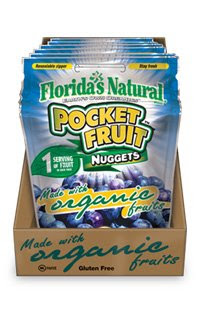 Today I came across two headlines:
Today I came across two headlines:Headline 1: "Children's increased desire to eat sweets has entrenched biological roots, with new research explaining their preference for sugary foods could be linked to actual growth". Study link.
Simply stated, when children are growing they crave sweet foods but this stops in the adolescent years. The authors observed a change in sugar preference among adolescents and concluded that "the change in sugar preference from high to low during adolescence appears to be associated with the cessation of growth".
My inner thoughts.....
I'm not sure I'm buying into this theory ! BUT as a mother of a child who loves sweet foods, it's somewhat reassuring that she may switch to healthy savory foods and green vegetables in the future. I'm running with this positive thought....
Headline 2: "A specific genetic variation may help explain why some people consume more sugary foods than others". Study link.
In this study, the authors found that a polymorphism in a gene was linked to higher intake of sugars in two different populations. The authors suggest that individual differences in the desire to eat foods high in sugars may be due to a persons genes.
My inner thoughts.....
I'm buying into this theory. It's genetic why my 4 1/2 year old LOVES sweets. For those interested, it's from her father's side of the family. Her father loves ice cream, and her grandmother has a self proclaimed sweet tooth.
With our son, we didn't expose him to anything we considered 'bad', or 'sweet', or 'fried', or 'sugary,' or 'candy-like'. It wasn't until he was 3 years old that he enjoyed the taste of ice-cream. He'd rather savory food and recently was asked his favorite food. His response "a salmon sandwich"! (side note: Because he knows I HATE soda, he'll sneak off with a can if he can get his hands on it ...and he only eats potato chips at parties)
Our daughter, on the other hand, was exposed to sweets earlier, and for the past 4 1/2 years I've assumed her sweet tooth is directly linked to her early exposure to ice cream. As many of us parents know, most of the best laid plans go out the window with the arrival of the second baby. There are no more nap schedules - there are play dates and parties. The eating environment we so carefully established in our kitchens has expanded to the outside world. It becomes impossible to micromanage their eating habits.
I may have studied nutrition for 20 years, but I've only been parenting for 6 1/2 years. So I'm dropping my 'nutrition hat' and I'm speaking as a mother of two active children.
Forgive yourself if they eat some sugary foods....and keep working on introducing better foods into their diets. It's a constant 'work in progress' ! So try to shed the guilt!





